Search
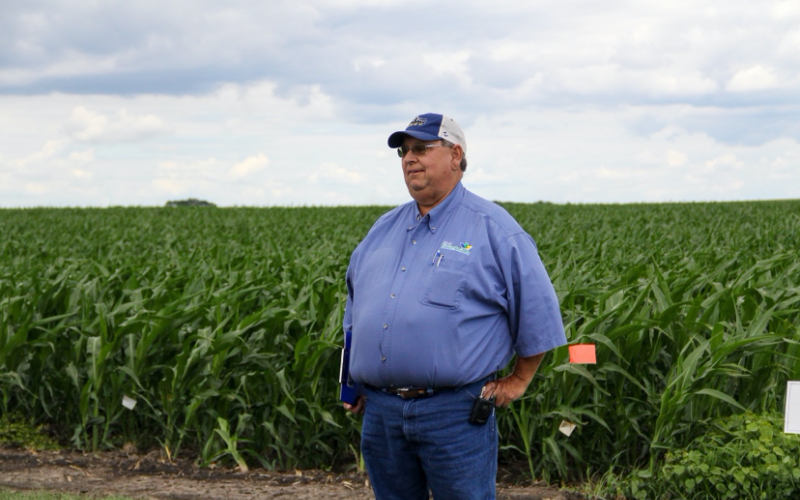
SDSU Extension Weed Evaluation Extension Demonstration Available at South Dakota State Fair
September 01, 2020
The SDSU Extension Weed Evaluation Extension Demonstration project will be available to the public at the South Dakota State Fair September 2-September 7.
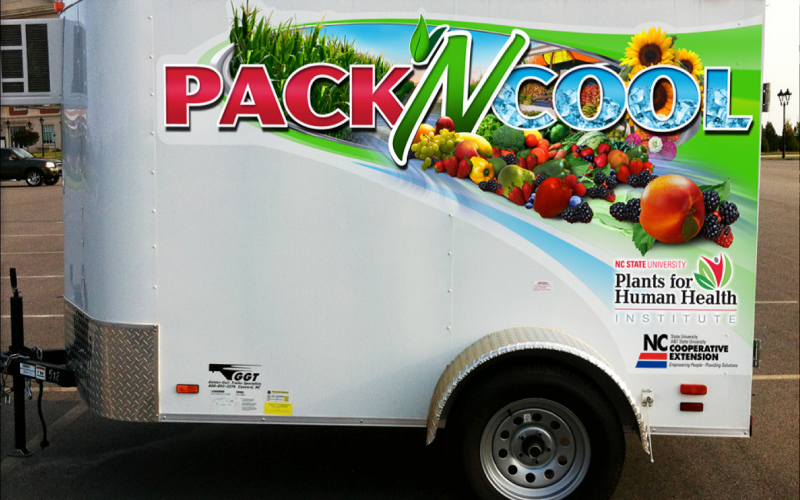
Mobile Walk-in Cooler for Growers
Growers in South Dakota who are looking for an inexpensive way to cool their produce may want to consider a technology adapted by North Carolina State University (NCSU) Researchers.
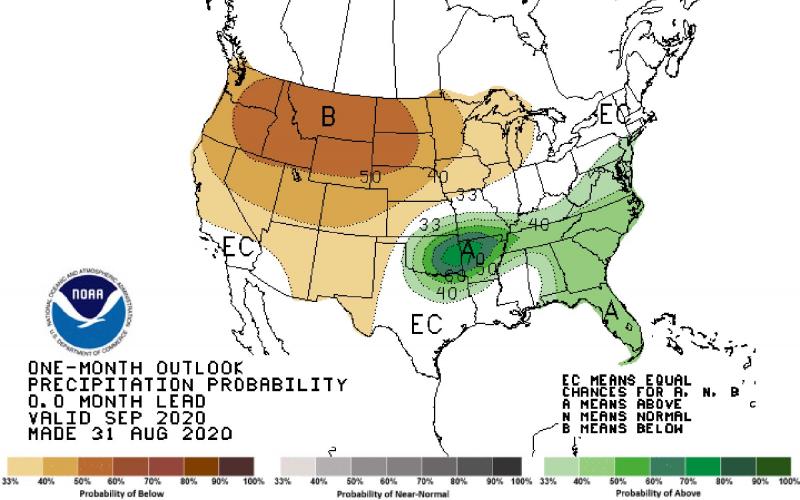
September 2020 Climate & Drought Outlook
Summer has its last hurrah the first week of September before we see potential for our state’s first freeze of the fall season, according to NOAA’s Climate Prediction Center.
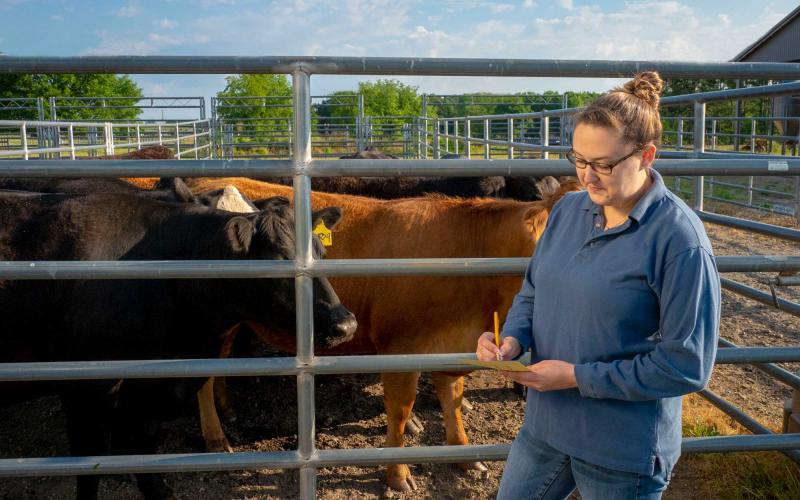
Capitalizing on Cow Costs: Part 2
In a previous article, ‘Capitalizing on Cow Costs’ reducing feed costs to improve cow efficiency was discussed. To continue the conversation, another area of cost reduction is in cull cows, bulls and calf death loss.
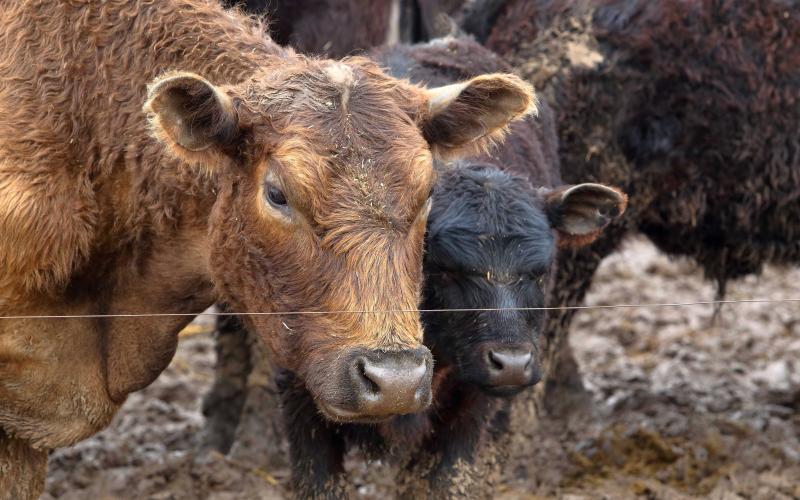
Notes From the ADRDL: Yersinia Infections in Beef Cattle
Of all the germs associated with cattle illnesses, a pathogen that’s not one of the usual suspects has been identified in several cases of cattle death losses in Eastern South Dakota.
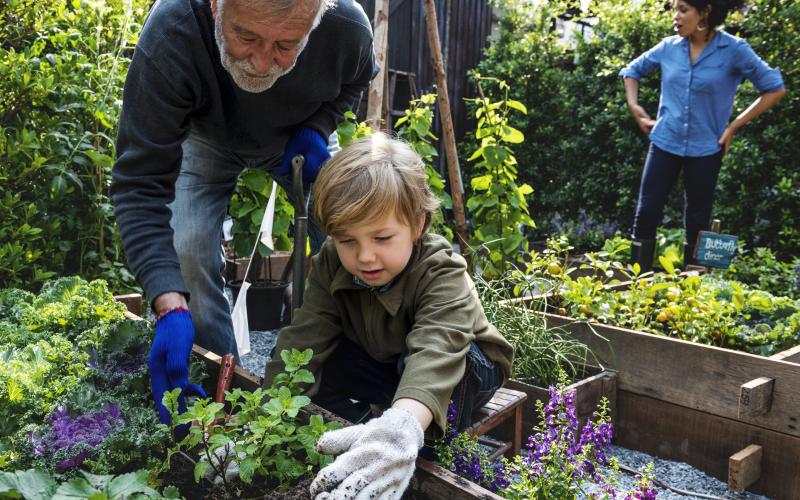
Conversations that Matter: Advance Care Planning for Rural Families
Advance care planning is an important topic and is often discussed in small group settings. We have provided the tools to help you successfully lead a small group event to help teach others about advance care planning.

Let Them Play During Christmas Break
As we are quickly approaching Christmas break and kids will have time off and will be acquiring new toys and activities during this Christmas season, I want to encourage parents and providers to let children play.
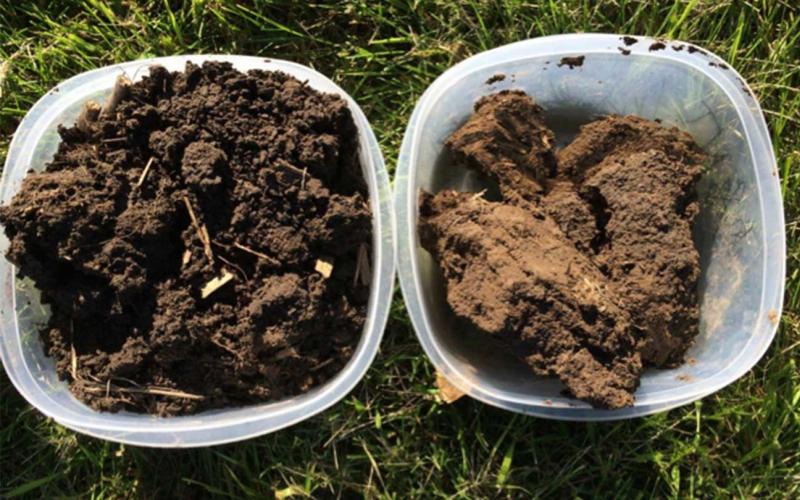
Organic Agronomy Starting to Impact
For decades scientists have known that a handful of soil contained more micro-biological organisms than the number of humans on earth. Science is just beginning to discover these organisms and learn about their functions and contribution to their soil ecosystem.
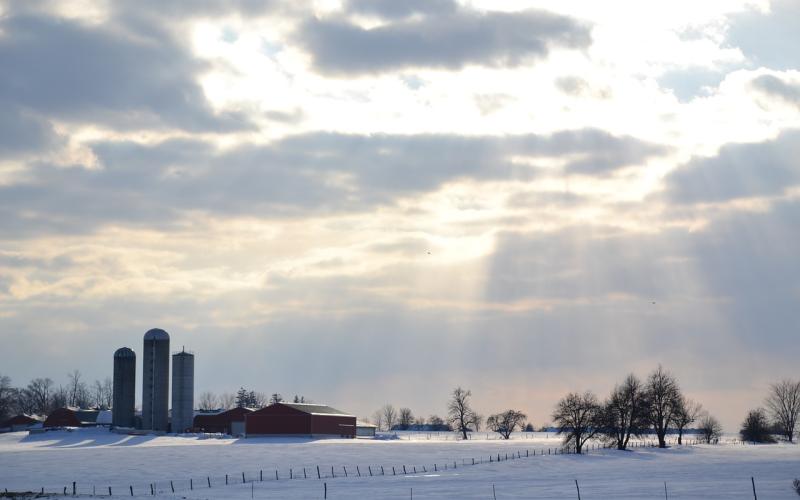
Preparing for Calving Season
Whether the calving season will start soon or is a few months away, it’s never a bad time to start preparing for the arrival of fresh calves on the ground. Here are some things to consider prior to the beginning of calving.
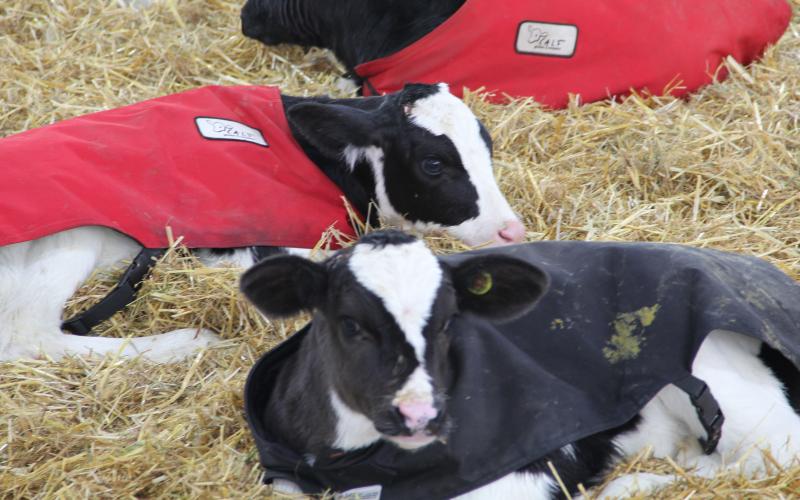
Managing Un-Weaned Dairy Calves During Cold Weather
Winter can present extra challenges for dairy producers and heifer growers as they try to keep calves alive and growing adequately in frigid temperatures.